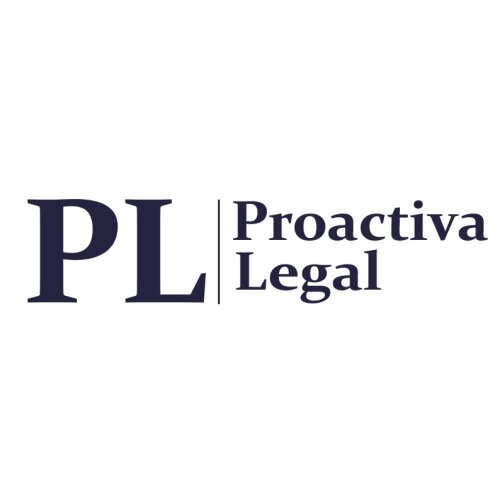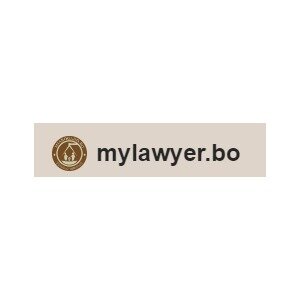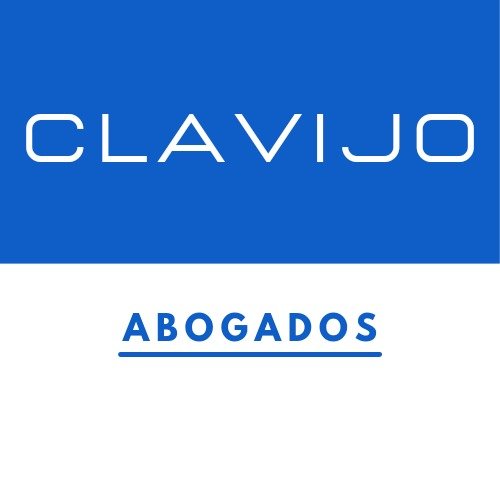Best Criminal Defense Lawyers in Bolivia
Share your needs with us, get contacted by law firms.
Free. Takes 2 min.
Or refine your search by selecting a city:
List of the best lawyers in Bolivia
About Criminal Defense Law in Bolivia
Criminal defense law in Bolivia is designed to protect individuals accused of committing a crime. The Bolivian legal system is based on the Napoleonic Code and primarily follows an inquisitorial system, where the court plays a central role in investigating the facts of the case. The Constitution of Bolivia guarantees rights to those accused of crimes, such as the presumption of innocence and the right to a fair trial. Navigating this legal landscape requires an understanding of both the procedural and substantive aspects of criminal law, often necessitating professional legal assistance for effective defense.
Why You May Need a Lawyer
There are a variety of situations where an individual might require legal help in criminal defense in Bolivia. Common situations include being accused of theft, assault, drug-related offenses, fraud, or more serious crimes such as homicide. Whether facing these charges due to a misunderstanding, wrongful accusation, or any other reason, having a lawyer can significantly impact the outcome. A skilled criminal defense lawyer can help ensure that a defendant's rights are protected, provide strategic advice, gather and present evidence, and negotiate with prosecutors to achieve a favorable outcome. Additionally, legal representation is crucial in understanding the complexities of Bolivian criminal law and court procedures.
Local Laws Overview
Bolivia's Criminal Code outlines the various crimes and their corresponding penalties, ranging from fines to imprisonment. Key aspects of Bolivian criminal law include the presumption of innocence until proven guilty, the requirement of legal representation during trials, and the rights to a public hearing and to contest evidence presented by the prosecution. The Bolivian legal system allows for appeal processes, and certain minor offenses may be resolved through alternative dispute resolutions. It is important for defendants to understand these laws and procedures, as well as their rights, to effectively navigate the criminal defense process.
Frequently Asked Questions
What should I do if I am arrested?
If you are arrested, it is crucial to remain calm and exercise your right to remain silent until you can speak with a lawyer. Request legal representation as soon as possible.
Can a case be closed before trial?
Yes, some cases can be resolved before trial through negotiations or plea bargains, where the defendant may plead guilty to a lesser charge in exchange for a lighter sentence.
How long does the criminal process take?
The duration of the criminal process varies depending on the complexity of the case and backlog in the courts. It can range from several months to a few years for more serious charges.
What are my rights during a criminal trial?
During a criminal trial, you have the right to be presumed innocent until proven guilty, to have a public trial, to remain silent, to legal representation, and to contest evidence.
What is pre-trial detention?
Pre-trial detention is when an accused individual is held in custody before their trial. It should be a last resort under Bolivian law and is typically used if there is a flight risk or the person poses a danger to others.
Can I choose my lawyer?
Yes, you have the right to choose your lawyer, and it is advised to select one with expertise and experience in criminal defense to receive competent representation.
What if I can't afford a lawyer?
If you cannot afford a lawyer, you have the right to request a public defender, who will be appointed by the state to represent you at no cost.
How can I prepare for my trial?
Gather all evidence supporting your case, cooperate with your lawyer, attend all legal meetings, and follow legal advice carefully to ensure you are adequately prepared.
What are alternative sentencing options?
Alternative sentencing options such as probation, community service, or house arrest may be considered, depending on the specifics of the case and the legal framework.
Can I appeal a conviction?
Yes, if you believe there was a legal error during your trial or regarding your sentencing, you can file an appeal in a higher court.
Additional Resources
For additional assistance, individuals can reach out to the Defensoría del Pueblo (Ombudsman’s Office) and other legal aid organizations in Bolivia. The Colegio Nacional de Abogados (National Bar Association) can provide information about finding a qualified lawyer. The Bolivian judiciary's website might also offer resources and guidance on navigating the legal system.
Next Steps
If you need legal assistance in criminal defense, begin by contacting a qualified criminal defense attorney with experience in Bolivian law. Schedule a consultation to discuss your case, understand your legal options, and develop a strategy. If you cannot afford private counsel, inquire about obtaining a public defender. Staying informed and proactive in your legal proceedings can help achieve the best possible outcome for your situation.
Lawzana helps you find the best lawyers and law firms in Bolivia through a curated and pre-screened list of qualified legal professionals. Our platform offers rankings and detailed profiles of attorneys and law firms, allowing you to compare based on practice areas, including Criminal Defense, experience, and client feedback.
Each profile includes a description of the firm's areas of practice, client reviews, team members and partners, year of establishment, spoken languages, office locations, contact information, social media presence, and any published articles or resources. Most firms on our platform speak English and are experienced in both local and international legal matters.
Get a quote from top-rated law firms in Bolivia — quickly, securely, and without unnecessary hassle.
Disclaimer:
The information provided on this page is for general informational purposes only and does not constitute legal advice. While we strive to ensure the accuracy and relevance of the content, legal information may change over time, and interpretations of the law can vary. You should always consult with a qualified legal professional for advice specific to your situation.
We disclaim all liability for actions taken or not taken based on the content of this page. If you believe any information is incorrect or outdated, please contact us, and we will review and update it where appropriate.
Browse criminal defense law firms by service in Bolivia
Bolivia Attorneys in related practice areas.
Browse criminal defense law firms by city in Bolivia
Refine your search by selecting a city.












